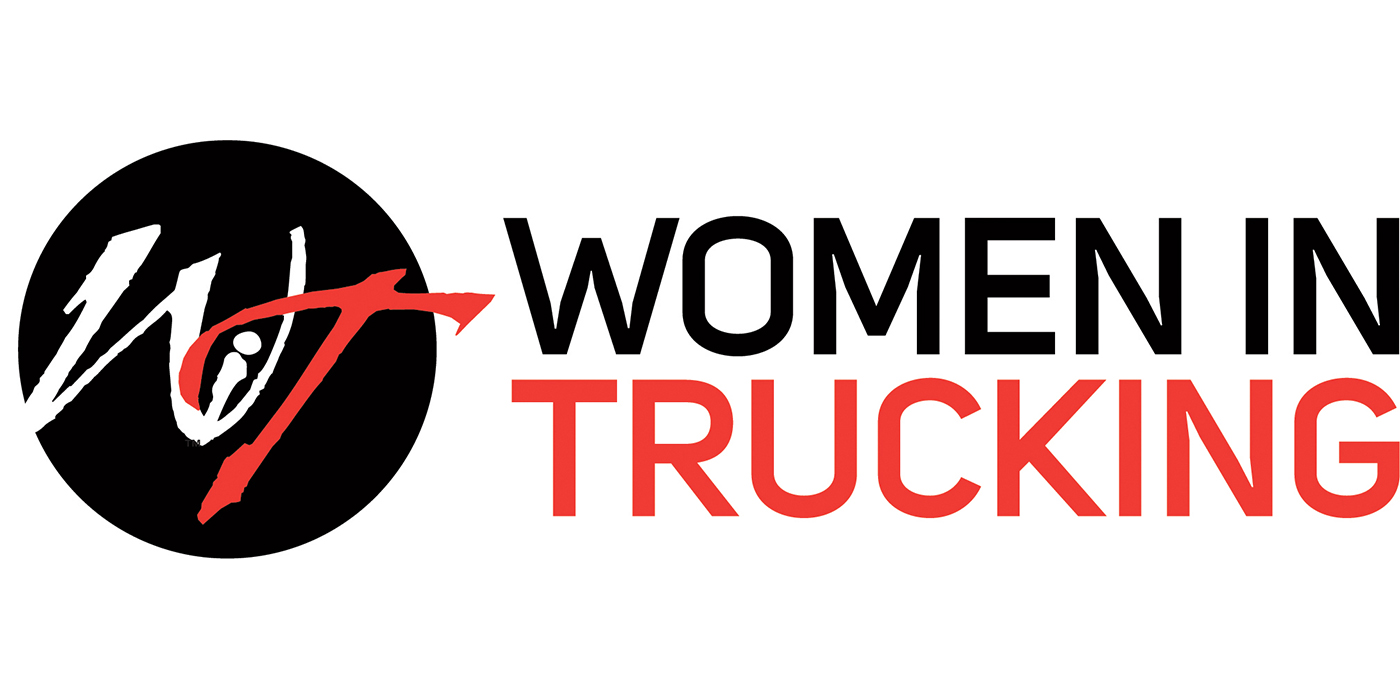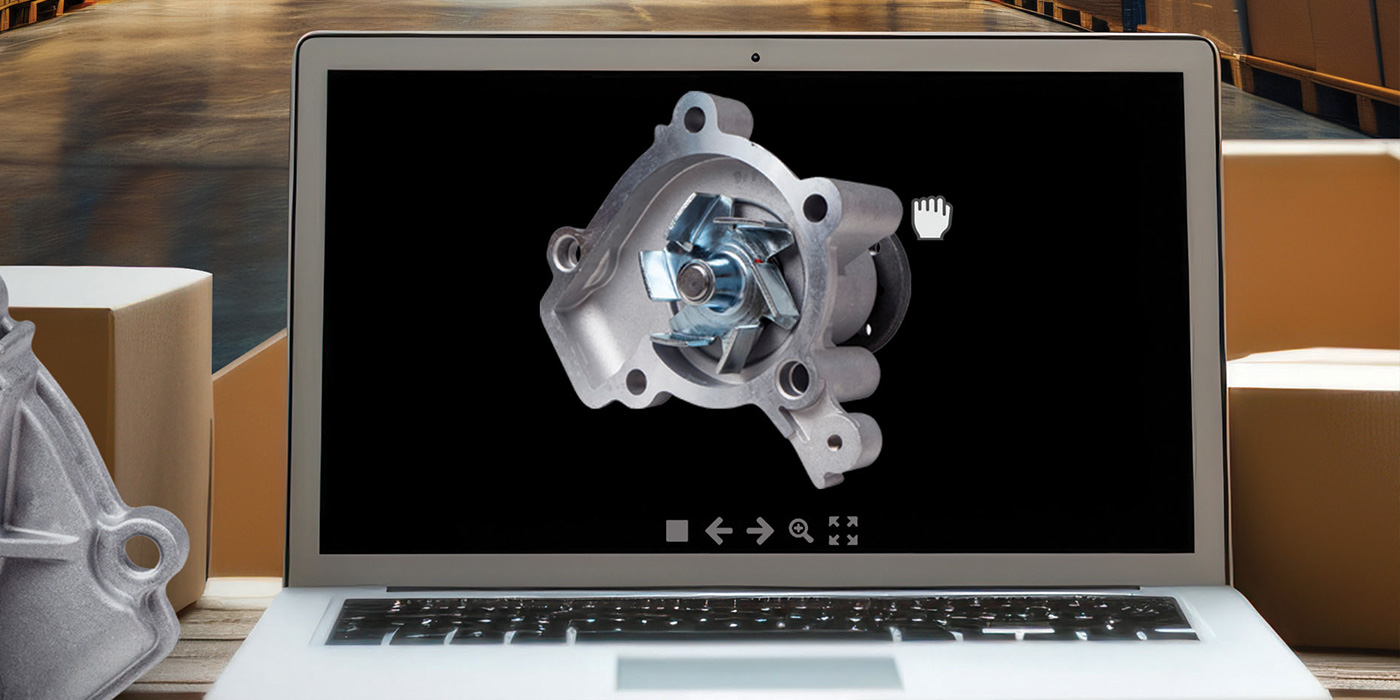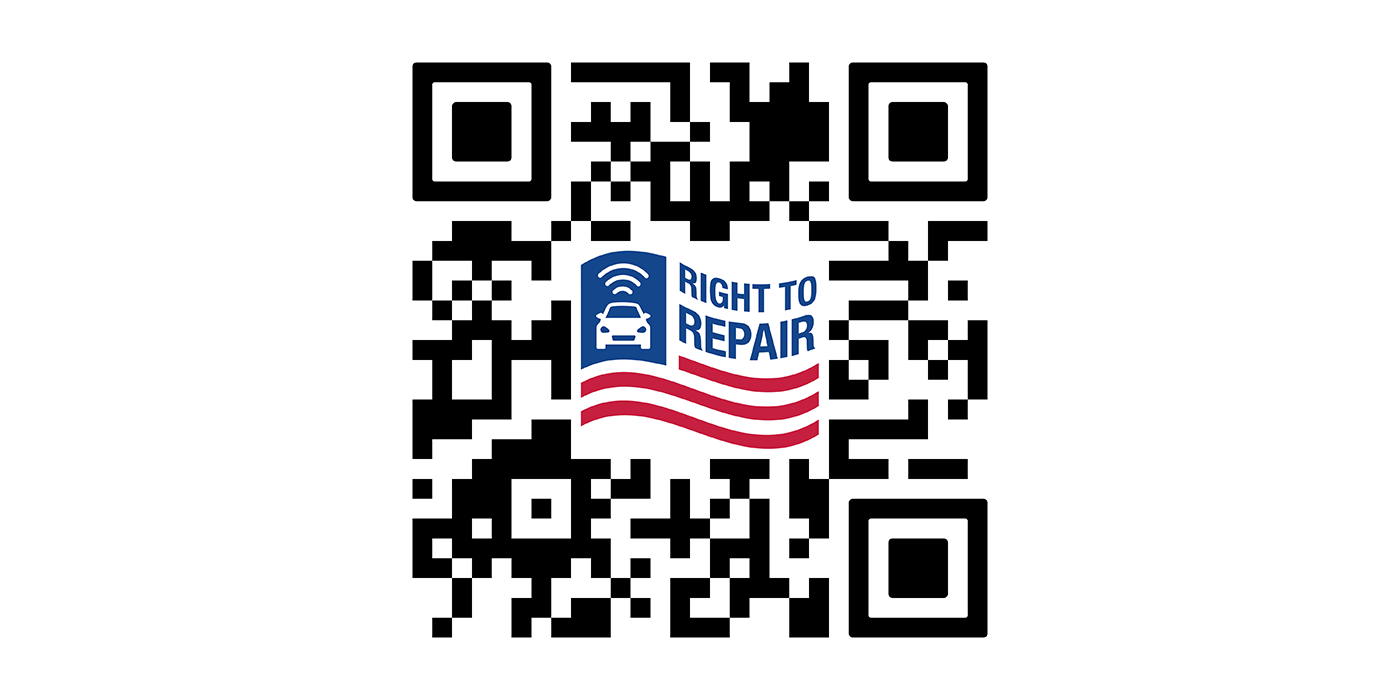
The Auto Care Association last Friday urged the Trump administration to consider the severity of unintended consequences that may ensue by imposing tariffs on imported autos and auto parts, including the negative impact it would have on both the U.S. automotive industry and the jobs created by these imports, but also the U.S. economy at large.
In comments submitted to the U.S. Department of Commerce regarding the Section 232 National Security Investigation of Imports of Automobiles, Including Cars, SUVs, Vans and Light Trucks and Automotive Parts, the association explained that the auto care industry’s “ability to source parts and components globally supports U.S. auto exports, provides U.S. consumers with a wider selection of vehicles and parts, and keeps vehicle repair and maintenance costs affordable for working families.”
The association’s comments further explained that “the availability of affordable high-quality parts from foreign sources creates thousands of jobs that might be threatened should the Trump administration move forward with a tariff on vehicles and vehicle parts.”
Included in the comments was a recent economic study completed for the Auto Care Association by John Dunham and Associates, which found that a 25 percent tariff on imported auto parts could cause a reduction of 17,800 jobs in the auto parts manufacturing sector, resulting in $1.4 billion in lost wages. The study further predicts that 6,800 jobs would be lost by vehicle repair shops and an additional 85,200 jobs in the auto care wholesale and retail segment due to lower demand. These are mostly small family-owned businesses that would suffer severe economic harm should a 25 percent tariff be levied on autos and auto parts.
Because the auto industry operates on a global platform, the reality is that goods are rarely designed, manufactured and consumed in one country. Technological efficiencies, lower trade costs and improved logistics have allowed companies to tighten and optimize supply chains. Imports help companies lower costs and improve product quality, allowing them to remain competitive domestically and export globally.
The study also found that imposing additional tariffs on auto parts and components would increase their price substantially, making it more difficult for working Americans to afford a new car or the cost of repairing the vehicle they currently own. The study estimates that the cost of car ownership will increase by more than $700 per year per household should the tariffs be imposed.
The Auto Care Association concluded its comments to the Department of Commerce by recommending that the Trump administration “refrain from trade restrictions that would undermine the auto industry, and instead seek solutions that protect U.S. investments, facilitate trade and create competitive value chains that benefit the global growth of our industry.”














